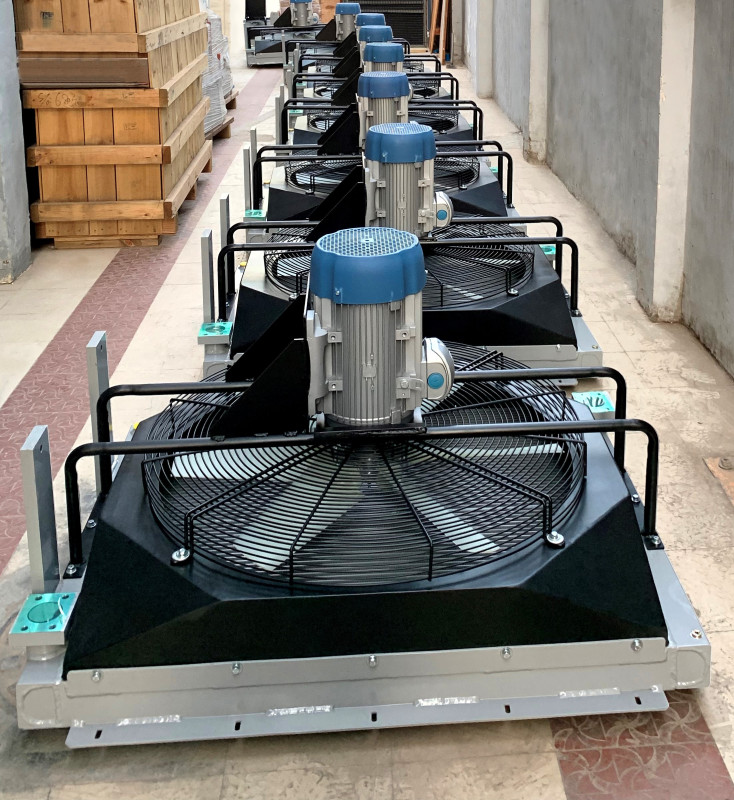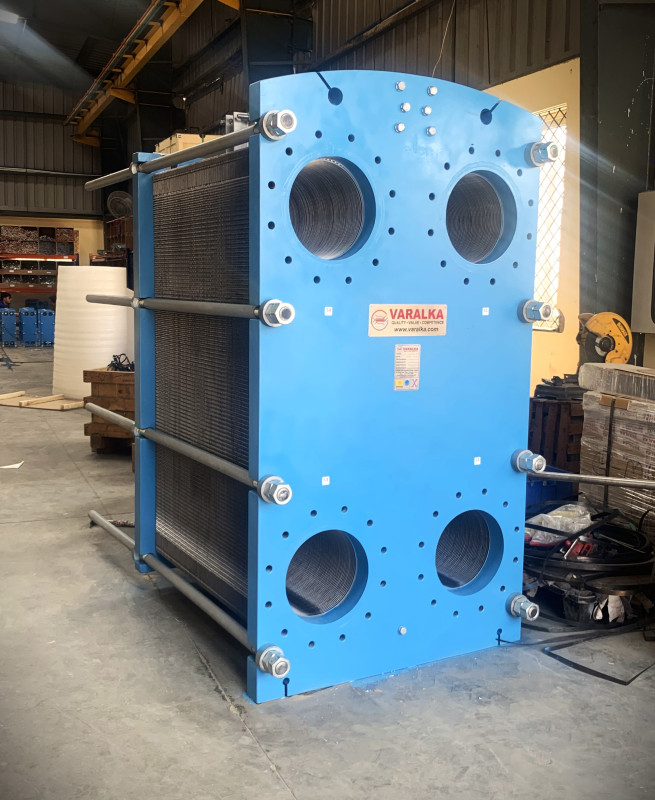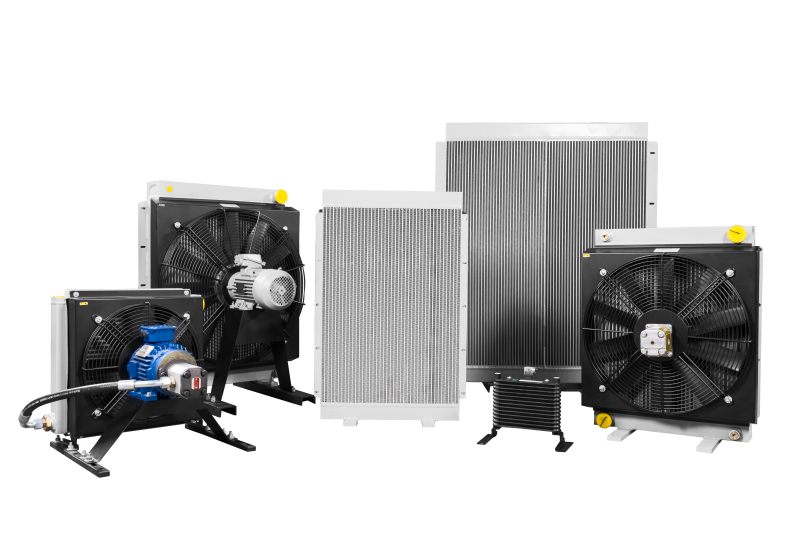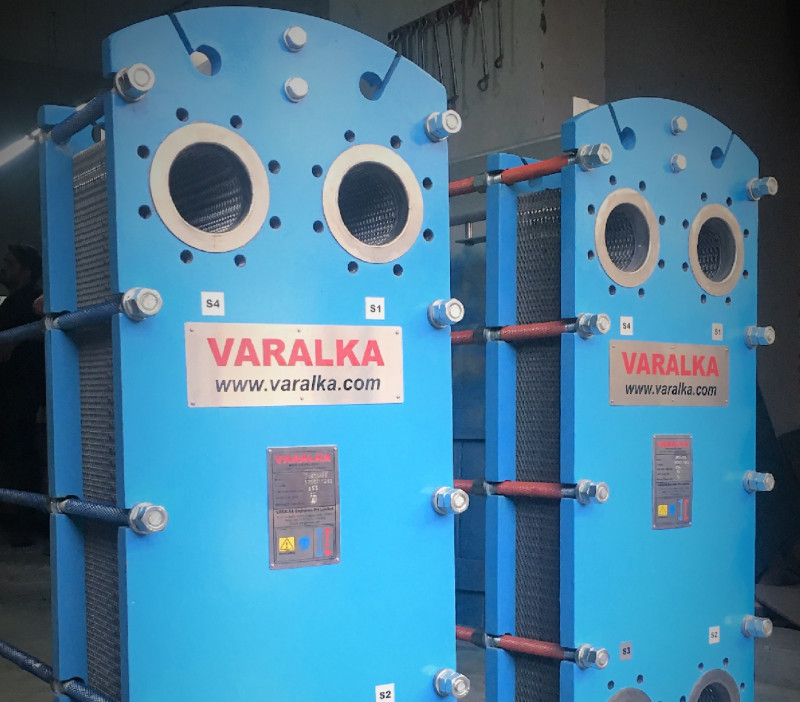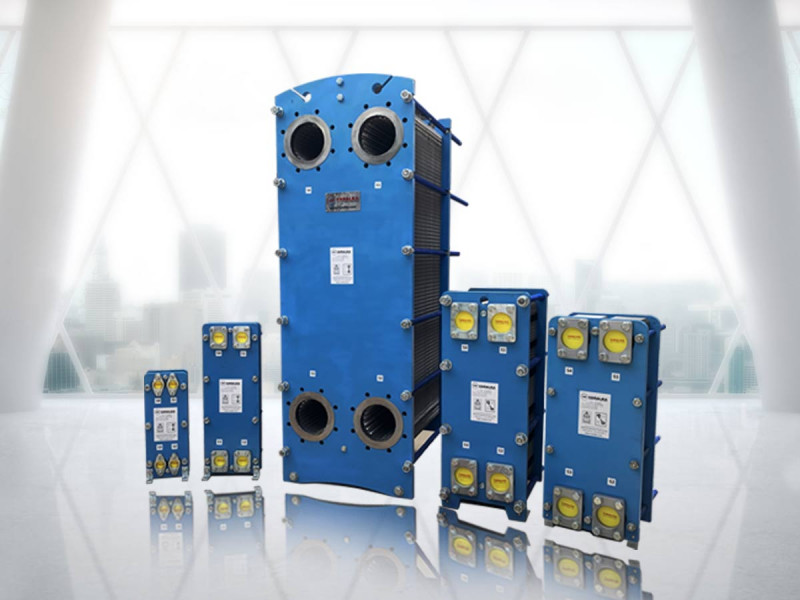Today, let's take a journey into the beating heart of hydraulic power banks – and guess what? It's all about the unsung hero, the air-cooled oil cooler. We're diving into the nitty-gritty of why these cool contraptions are like the heartbeats of our heavy machinery, keeping them running smoothly and efficiently.
